When it comes to hydration, we often turn to sports drinks to replenish electrolytes lost during intense physical activity. However, a recent study has suggested that milk may be just as effective, if not more so, than sports drinks when it comes to hydrating the body.
In this article, we will explore the benefits of milk for hydration and compare it to sports drinks to determine which option is best for those engaging in physical activity.
The Benefits of Milk for Hydration
Milk contains a balance of carbohydrates, protein, and electrolytes, making it an effective hydrating beverage. Specifically, milk contains two main electrolytes: sodium and potassium. These electrolytes help to regulate the body’s fluid balance, making milk an ideal choice for hydration.
Additionally, milk contains calcium, which is essential for strong bones and teeth. Calcium also plays a crucial role in muscle function, making it an important nutrient for athletes and those engaging in physical activity.
Milk also has a low glycemic index, which means it is absorbed slowly by the body, providing a steady source of energy. This is in contrast to sports drinks, which often contain high amounts of sugar and can cause a rapid spike in blood sugar levels.
Milk is also an excellent source of protein, which is essential for muscle growth and repair. Protein can help to prevent muscle breakdown during exercise and aid in recovery post-workout.
The Drawbacks of Sports Drinks
While sports drinks can be effective at replacing lost electrolytes, they often contain high amounts of sugar and artificial ingredients. This can be detrimental to overall health, particularly when consumed in excess.
Sports drinks are also often marketed to a broad audience, including those without intense physical activity. This can lead to overconsumption and unnecessary calorie intake, which can contribute to weight gain and other health issues.
Additionally, sports drinks are typically more expensive than milk and may not be as readily available. Milk is widely available in grocery stores and can be an inexpensive option for hydration.
The Verdict
Overall, both milk and sports drinks can be effective for hydration during physical activity. However, milk may be the better option for several reasons.
Milk is a natural source of electrolytes, protein, and other essential nutrients. It also has a low glycemic index, providing a steady source of energy during exercise. Additionally, milk is widely available and less expensive than sports drinks.
Sports drinks, on the other hand, can be high in sugar and artificial ingredients, contributing to negative health effects when consumed in excess. They can also be more expensive and less readily available than milk.
When choosing between milk and sports drinks for hydration, it is essential to consider the specific needs of your body. Those engaging in intense physical activity may benefit from the added electrolytes and quick absorption of a sports drink, while others may prefer the natural nutrients found in milk.
Overall, both milk and sports drinks can be effective for hydration during physical activity. However, milk may be better for those looking for a natural source of electrolytes, protein, and other essential nutrients. Regardless of which option you choose, staying hydrated is crucial for optimal health and performance during physical activity.
Image by Jana Wersch from Pixabay
Water, Milk and More
-

Are Plant-Based Protein Drinks Good Alternative to Milk?
With the rising popularity of plant-based diets and the growing awareness of environmental and health concerns associated with dairy consumption, plant-based protein drinks have emerged as a prominent alternative to traditional milk. Derived from various plant sources like soy, almond, pea, and hemp, these beverages are promoted for their nutritional content, ethical appeal, and environmental…
-

Why Herbal Teas and Which Are the Best for Wellness
-

Coconut Water vs. Sports Drinks: Which One is Better for You?
-

Drink Coconut Water for Max Hydration and Energy
-

How to Support Fluid Balance with Natural Diuretics
-

The Impact of Coffee on Hydration: Myths vs Facts
-

Symptoms of Dehydration and How to beat it

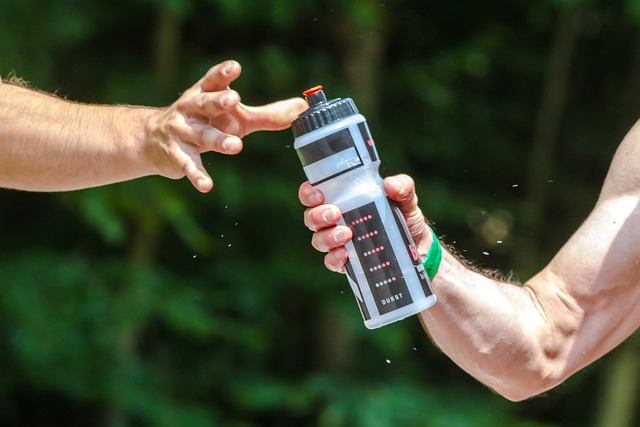
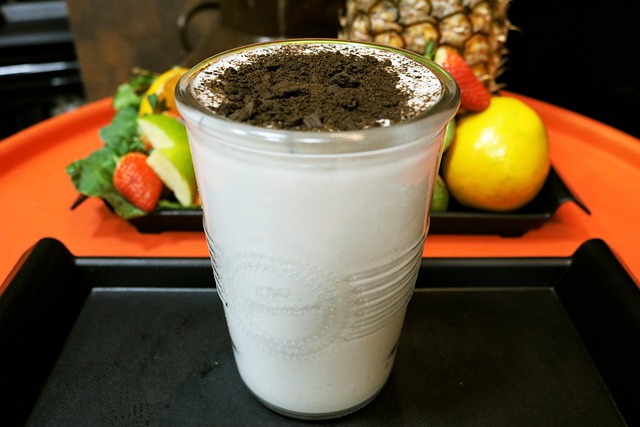
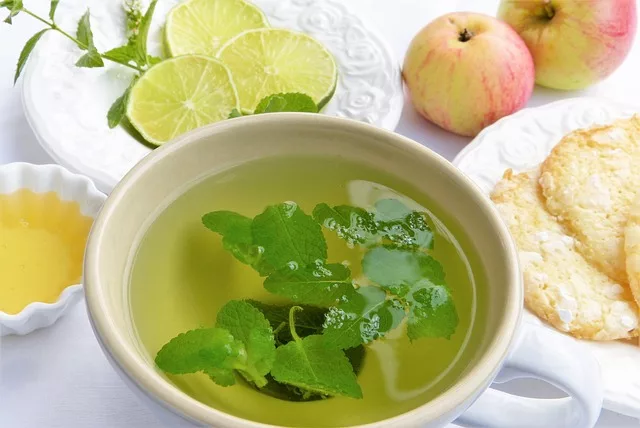
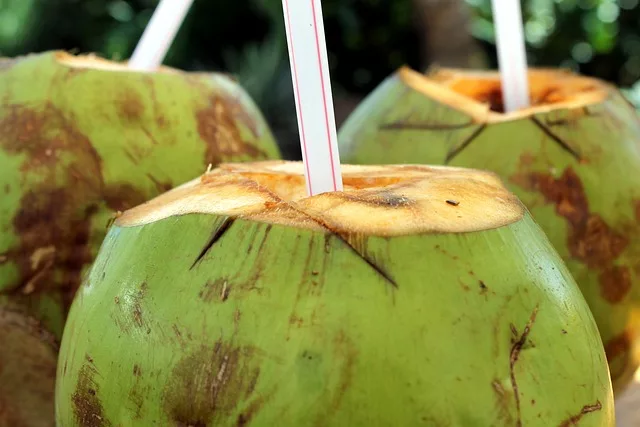

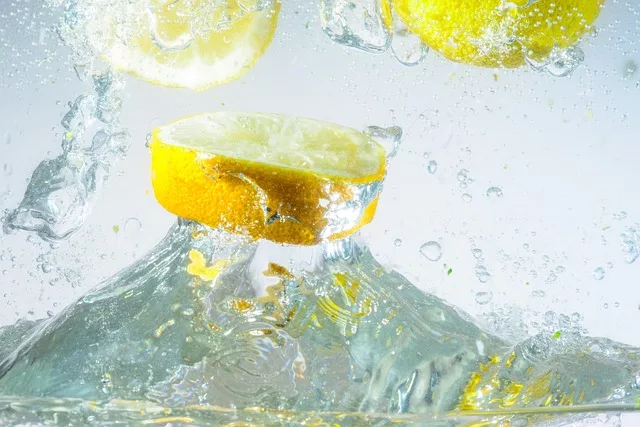

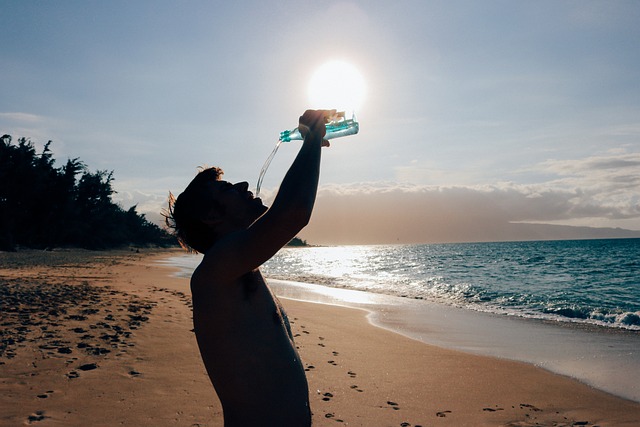
Leave a Reply